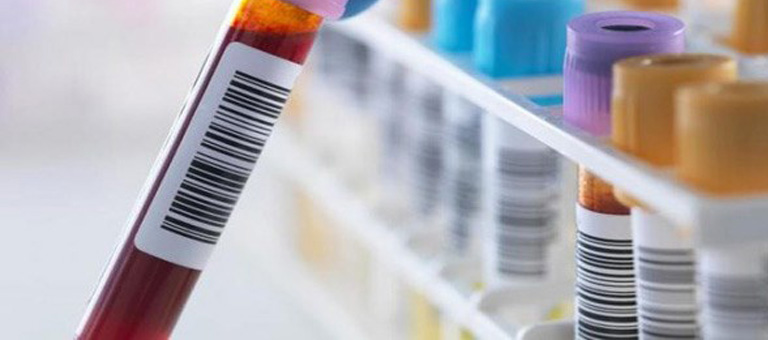
Preparation for Pregnancy
If you are planning to have a baby, it is important to take some steps to prepare your body and mind for pregnancy. These steps can help to ensure a healthy pregnancy and delivery.
Talk to your doctor
Your doctor can help you assess your overall health and make sure that you are ready for pregnancy. They will also discuss your family history and any potential risks.
Get your vaccinations up to date
Some vaccines, such as the flu shot and Tdap, are important for pregnant women and their babies.
Take a prenatal vitamin
A prenatal vitamin will help to provide you with the nutrients you need to support a healthy pregnancy.
Quit smoking and drinking alcohol
Smoking and drinking alcohol can harm your baby's health.
Eat a healthy diet
A healthy diet will help to provide you with the nutrients you need for a healthy pregnancy.
Get regular exercise
Regular exercise can help you maintain a healthy weight, reduce your risk of complications, and make labor and delivery easier.
Learn about pregnancy and childbirth
There are many resources available to help you learn about pregnancy and childbirth. You can read books and articles, take classes, or talk to other women who have been pregnant.
Other things to consider
- Your age. Your fertility begins to decline in your late 30s and early 40s.
- Your lifestyle. If you smoke, drink alcohol, or use drugs, it is important to quit before you become pregnant.
- Your finances. Raising a child can be expensive.
- Your support system. Having a strong support system in place can help you through pregnancy and beyond.
Specific steps to take before you try to get pregnant
- See your doctor. Your doctor can help you assess your overall health and make sure that you are ready for pregnancy. They will also discuss your family history and any potential risks.
- Get your vaccinations up to date. Some vaccines, such as the flu shot and Tdap, are important for pregnant women and their babies.
- Take a prenatal vitamin. A prenatal vitamin will help to provide you with the nutrients you need to support a healthy pregnancy.
- Quit smoking and drinking alcohol. Smoking and drinking alcohol can harm your baby's health.
- Eat a healthy diet. A healthy diet will help to provide you with the nutrients you need for a healthy pregnancy.
- Get regular exercise. Regular exercise can help you maintain a healthy weight, reduce your risk of complications, and make labor and delivery easier.
- Learn about pregnancy and childbirth. There are many resources available to help you learn about pregnancy and childbirth. You can read books and articles, take classes, or talk to other women who have been pregnant.
- Calculate your ovulation. Some women will want to time their intercourse to coincide with ovulation. This is the time when a woman is most likely to conceive. You can use a fertility app or ovulation test to track your ovulation.
- Stop using birth control. If you are using birth control, you will need to stop using it before you try to get pregnant. If you are using hormonal birth control, you may need to wait a few months for your cycle to regulate before you become pregnant.
Common questions
- Does long-term birth control make it harder to get pregnant?
No, birth control methods that do not have long-term effects on ovulation do not make it harder to get pregnant.
- Will we get pregnant if we have sex regularly?
No, timing is important for conception. You are most likely to get pregnant if you have sex during your fertile window, which is the few days around ovulation.
- Can pre-ejaculate cause pregnancy?
Yes, pre-ejaculate can contain sperm. It is possible to get pregnant even if you do not ejaculate inside your partner.
- Will I get pregnant immediately after I stop taking birth control pills?
No, it can take 1 to 6 months (on average 3 months) for a woman to regain her fertility after stopping birth control pills.
I hope this information is helpful.
